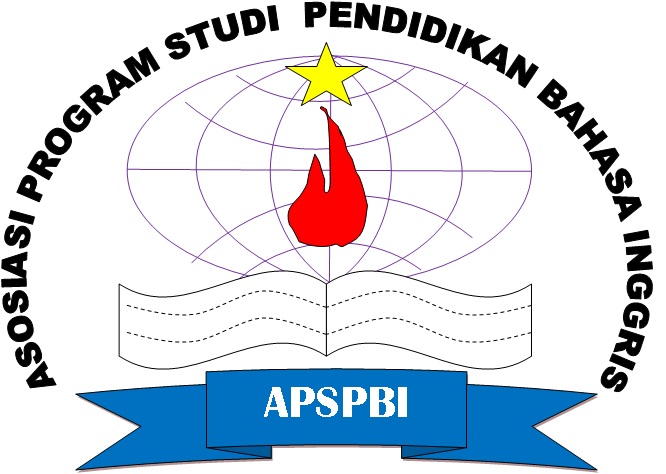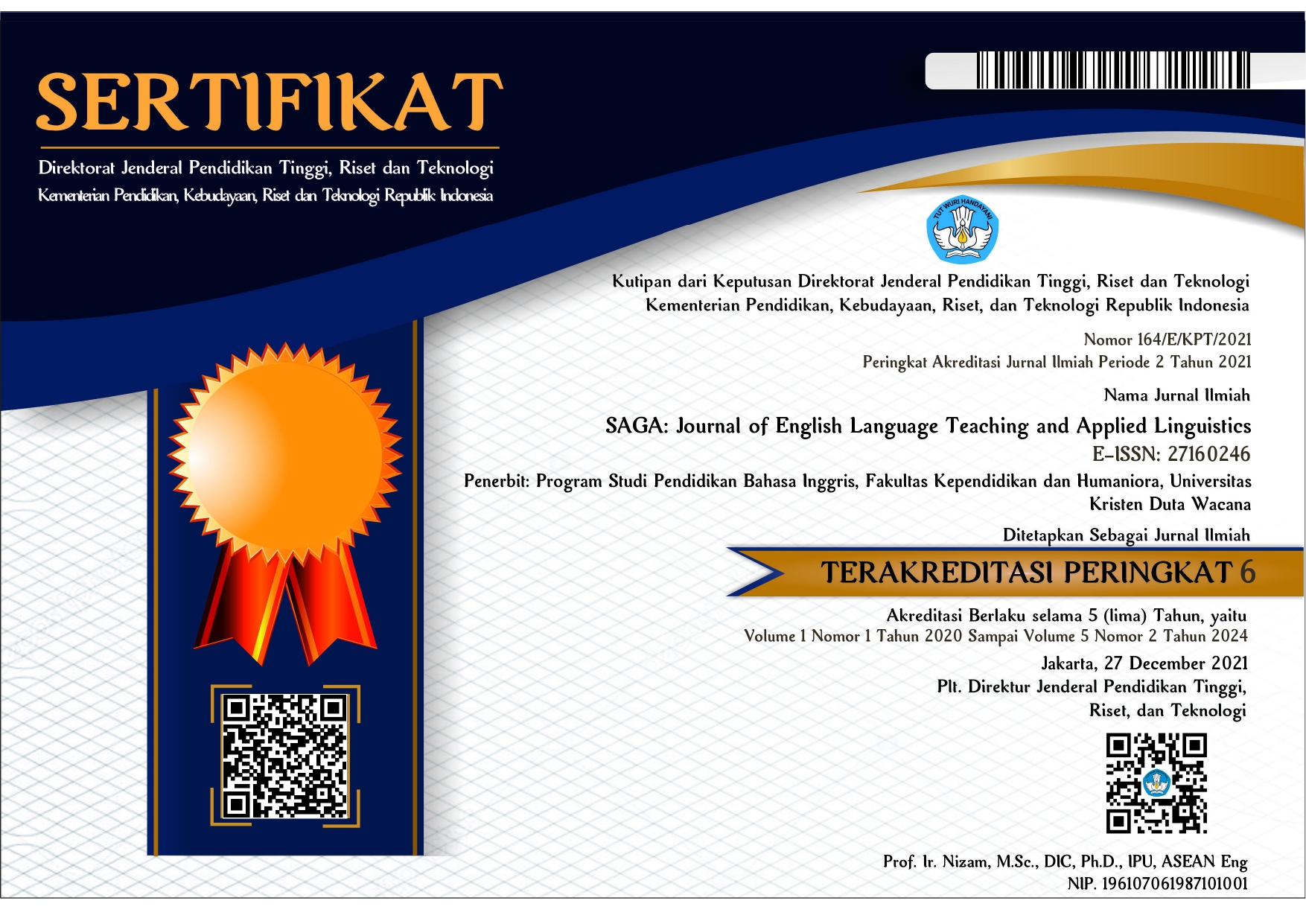Professional English Language Skills for Employability in Portugal
DOI:
https://doi.org/10.21460/saga.2023.41.144Keywords:
adult education, employability, English skillsAbstract
This paper reports on the research carried out by a Portuguese university in the scope of PESE – Professional English Language Skills for Employability Across EU project, which highlights the importance of appropriate English skills for the workplace. The present study focuses on the Portuguese labor market and identifies the English skills employers currently require from their employees based on the review of a job search website and the application of questionnaires to 22 Portuguese companies, as well as 6 experienced English trainers. The data collection is part of the project’s Handbook on the current Professional English requirements throughout partner countries, from which a framework for a curriculum can be established. The curriculum will then form the basis of an e-course on professional English skills targeted toward unemployed citizens in Europe.
References
Almeida, M. A. (2017). Content and language integrated learning in tourism vocational education and training in Portugal
Celce-Murcia, M. (2008). Rethinking the role of communicative competence in language teaching. In Intercultural language use and language learning (pp. 41-57). Springer.
Cunha, A. (2020). What type of English communication skills are required by employers? [Unpublished Manuscript].
Didiot-Cook, H., Gauthier, V., & Scheirlinckx, K. (2000). Language needs in business, a survey of European multinational companies.
Education First (2020). EF English proficiency index. A ranking of 100 countries and regions by English skills.
English, C., & Symonds, Q. (2016). English at work: Global analysis of language skills in the workplace. Cambridge Assessment English.
European Labour Authority. (2020). Labour market information: Portugal. EURES.
Kerklaan, V., Moreira, G., & Boersma, K. (2008). The role of language in the internationalisation of higher education: An example from Portugal. European Journal of Education, 43(2), 241-255.
Laranjeiro, A. C., Suleman, F., & Botelho, M. (2020). The employability of graduates: Skills sought in job advertisements. The employability of graduates: skills sought in job advertisements(93), 49-69.
Lopes, A. C., Oliveira, A., Amante, F., Oliveira, I., Abrantes, J., Jesus, M., Pato, O., Relvas, S., Fidalgo, S., & Delplancq, V. (2018). Foreign languages and employability: A complex relationship. Case study in the region of Viseu (Portugal). Edulearn 18. 10th International Conference on Education and New Learning Technology:(Palma, 2nd-4th of July, 2018). Conference proceedings,
National Catalog of Qualifications. (2022, May 14). http://www.catalogo.anqep.gov.pt/
OECD (2018). Skills strategy implementation guidance for Portugal: Strengthening the adult learning system. In: OECD Publishing Paris.
Pinto, S., & Araujo e Sa, M. H. (2016). Language learning in higher education: Portuguese student voices. International Journal of Multilingualism, 13(3), 367-382.
Pinto, S., & Araújo e Sá, M. H. (2019). Language education policy in Portuguese public universities: The voices of institutional stakeholders. Current Issues in Language Planning, 20(2), 140-159.
Simões, A. V., & Calvão, A. R. (2019). Competências linguísticas requeridas pelos empregadores portugueses nos últimos 40 anos: O caso dos profissionais de secretariado: El caso de los profesionales de secretariado. Millenium-Journal of Education, Technologies, and Health(9), 79-89.
Swiatkiewicz, O., Perlo, D., & Perlo, D. (2015). What kinds of skills are expected by Portuguese and Polish employers? Journal of Intercultural Management, 5-21.
Watson, T. (2010). Capitalizing on effective communication. How Courage, innovation and discipline drive business results in challenging times. Communication ROI Study Report.
















